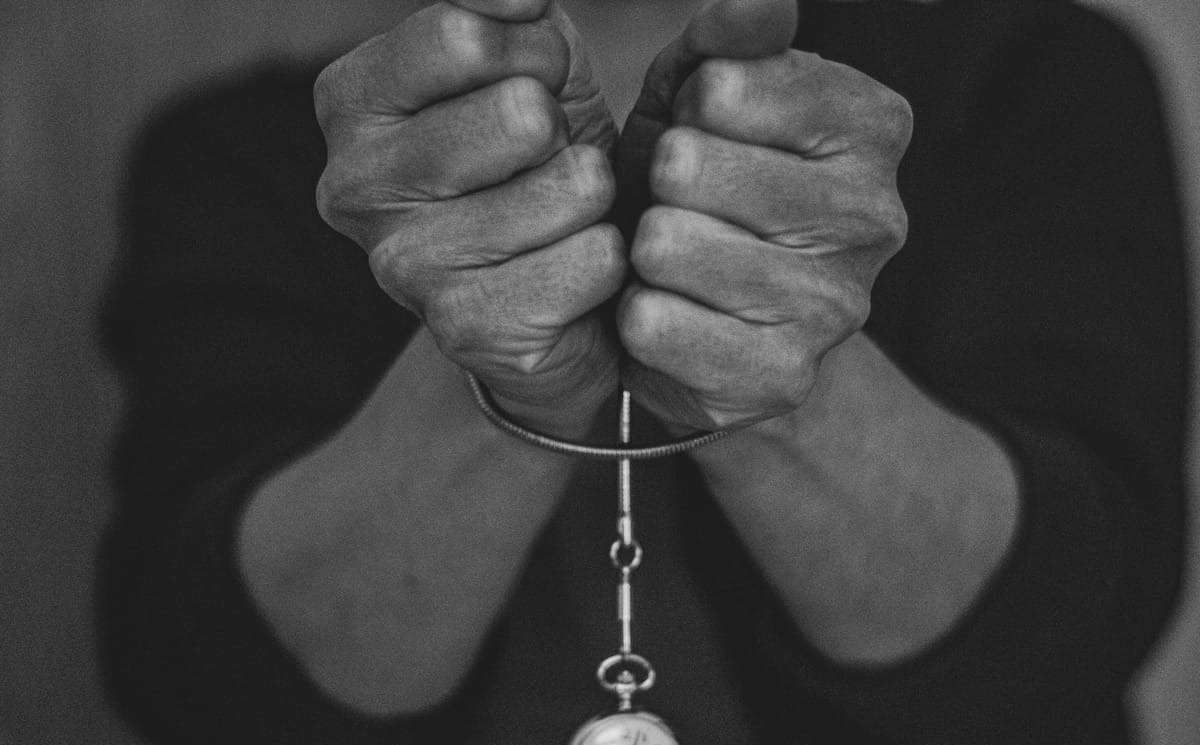As an addictions therapist I’m often asked privately and in a clinical role to comment or diagnose whether or not someone has addictions. To give readers a better sense of what addiction is and how it’s diagnosed consider that there are criteria that specify whether or not someone has a “substance use disorder” (SUD) the most recent, accepted term for having addictions. Generally, SUD are “patterns of symptoms resulting from the use of a substance that you continue to take, despite experiencing problems as a result.” Here is a link to a more clinical explanation for diagnosing someone with substance use disorder.
For the purposes of our discussion here I want to take a less clinical more conversational approach, so that readers can more readily learn how a therapist determines and discusses the issue of alcohol and/or drug use.
Some Statistics Regarding Substance Use
Two things to think about: According to the 2023 National Survey on Drug Use and Health (NSDUH), 224.3 million people ages 12 and older (79.1% in this age group) reported that they drank alcohol at some point in their lifetime. This includes: 111.1 million males ages 12 and older (80.1% in this age group) and 138.543 million or 50.0% of people aged 12 and over have illicitly used drugs in their lifetime.
First Use and Relief Use
When an individual experiments or tries alcohol or other drugs it’s characterized as “first use.” Subsequent substance use is then characterized as “relief use.” For example, a user discovers that alcohol relaxes them after a stressful day or that it acts as a “social lubricant,” and in enjoying the effect, continues to use it. A relief user can drink or use safely and temperately. A person more inclined or predisposed to “abuse” alcohol or drugs (due to genetics, environment or trauma-driven, among many other potential reasons) uses more heavily and then is therefore at risk of developing dependence or SUD.
Evaluating Substance Use
As part of an intake I would do with a client, I’d first get a comprehensive substance abuse history. This would include asking about first use, past use and present use, treatment history, and the use of alcohol and drugs in their family of origin as far back as grandparents. I’d get a trauma history as well as this often a driver of substance use and other addictive behavior.
The most important part of this discussion would focus on present use. How often and how much do you drink/use, daily or weekly? Do you feel you often over-use? Do you feel like you are able to control or stop your use when it’s sensible to, or do you often lose control and drink or use too much? How do others around you regard your substance use? Do they see it as a problem and encourage you to limit or stop your use altogether?
What is Your Relationship to the Substance?
I ask people to consider what their relationship to the substance is. By this I mean many people use temperately. A drink once a night, sometimes two over a couple hours maybe a couple times a week. In these instances, it’s clear that there is no problematic use. They have a normal relationship to the substance in that they don’t abuse it or depend on it. On the other hand, someone who is using to the point of having a SUD struggles to stop using once they start and often resists stopping. They have problems that are clearly caused by the substance. Additionally, there are negative effects for the people living with the person.
Cannabis Safe or Not?
Clients often tell me that cannabis is benign and non-addictive. While it is true that cannabis is less lethal and damaging than other drugs such as alcohol, cocaine or heroin, its effects vary depending on how much and how often one uses it. If one takes a couple hits on their pipe to de-stress on Friday and Saturday nights, the consequences would be minimal much like for an occasional drinker. But if someone wakes up and reaches for the pipe first thing and stays stoned all day, most every day then the consequences increase. Now that cannabis is legal in many states, there is a growing body of evidence that chronic use has implications for a user’s physical, mental and spiritual health.
Addictive Behaviors
It is also notable that addictive behavior isn’t limited to substances. Behaviors such as gambling porn, sex and shopping can be addictive. Again, how deeply one engages in these behavior determines the consequences and the consequences determine whether or not the individual is considered addicted. I always ask clients what is your involvement with the behavior. How deep is it, what are the problems associated with it? What is your relationship to it? What does it do for you and what does it do to you?
The Progression of My Own SUD
In my own case, I had a serious addiction to alcohol and cocaine. I first used alcohol at age twelve and cocaine in my later teens. Looking back, I was self-medicating multiple traumas suffered as a kid. This is a common response to trauma as nearly two-thirds of people diagnosed with a substance use disorder have suffered childhood trauma. My self-medication progressed from one substance to another as I sought what best ameliorated my trauma symptoms, ultimately settling on cocaine and alcohol. With cocaine I sought out more direct and addictive ways of taking the drug or “the route of administration” such as intravenously and smoking it. I satisfied most, if not all criteria for having an addictive disorder. The consequences were major: diminished functioning, divorce/custody issues, fractured relationships, financial ruin, poor health and more. My addictions adversely affected me and others around me.
By any criteria, I was deeply addicted and it was easy for my therapist to diagnose and then recommend treatment for me. When I’ve made a diagnosis of someone having a SUD, I strongly encourage treatment as addictions are deleterious and recovery brings many benefits. I, and many others are living proof that those with SUD can get better and lead meaningful lives.
If you think you may have an alcohol problem, try this screening tool and reach out for help if you need it: Audit screening tool:
If you think you may have a drug problem here is screening tool for drug abuse: the DAST: https://cde.nida.nih.gov/sites/nida_cde/files/DrugAbuseScreeningTest_2014Mar24.pdf






Comments